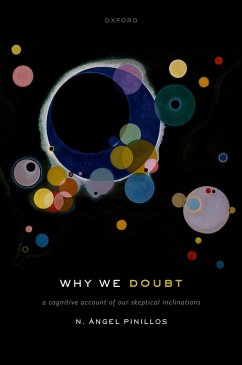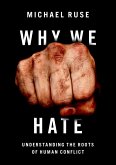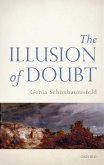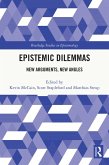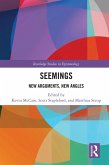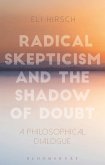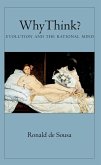This book, the first of its kind, puts forward a novel, unified cognitive account of skeptical doubt. Historically, most philosophers have tried to tackle this difficult topic by directly arguing that skeptical doubt is false. But N. Ángel Pinillos does something different. He begins by trying to uncover the hidden mental rule which, for better or worse, motivates our skeptical inclinations. He then gives an account of the broader cognitive purpose of having and applying this rule. Based on these ideas, he shows how we can give a new response to the traditional problem of global skepticism. He also argues that philosophical skepticism is not just something that comes up during philosophical reflection, as David Hume, Charles Sanders Peirce and other philosophers have urged. Instead, it is of great practical significance. The rule which produces skepticism may itself be operative in certain pathologies such as obsessive-compulsive disorder, in creative endeavors, and in conspiratorial thinking. The rule can also explain some of our reluctance to trust statistical evidence, especially in legal settings. More broadly, this volume aims to breathe new life into a classic problem in philosophy by tackling it from a new perspective and exploring new areas of application. The book will be of interest to philosophers, psychologists and anyone interested in the human capacity to doubt and to question our beliefs.
Dieser Download kann aus rechtlichen Gründen nur mit Rechnungsadresse in A, B, BG, CY, CZ, D, DK, EW, E, FIN, F, GR, HR, H, IRL, I, LT, L, LR, M, NL, PL, P, R, S, SLO, SK ausgeliefert werden.

